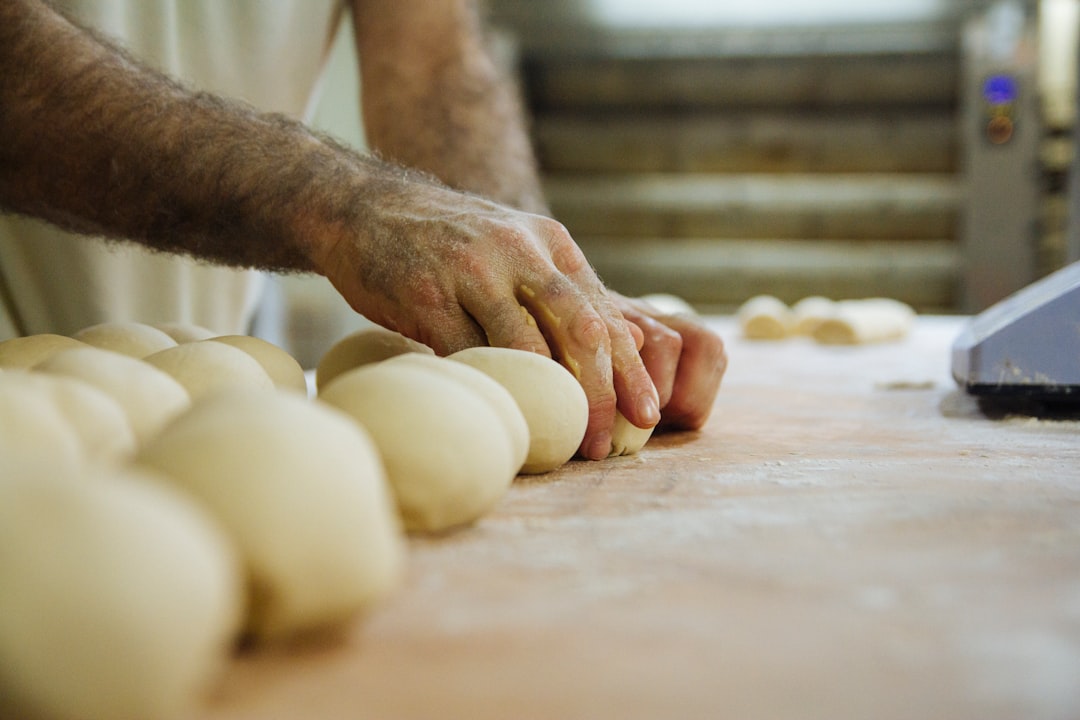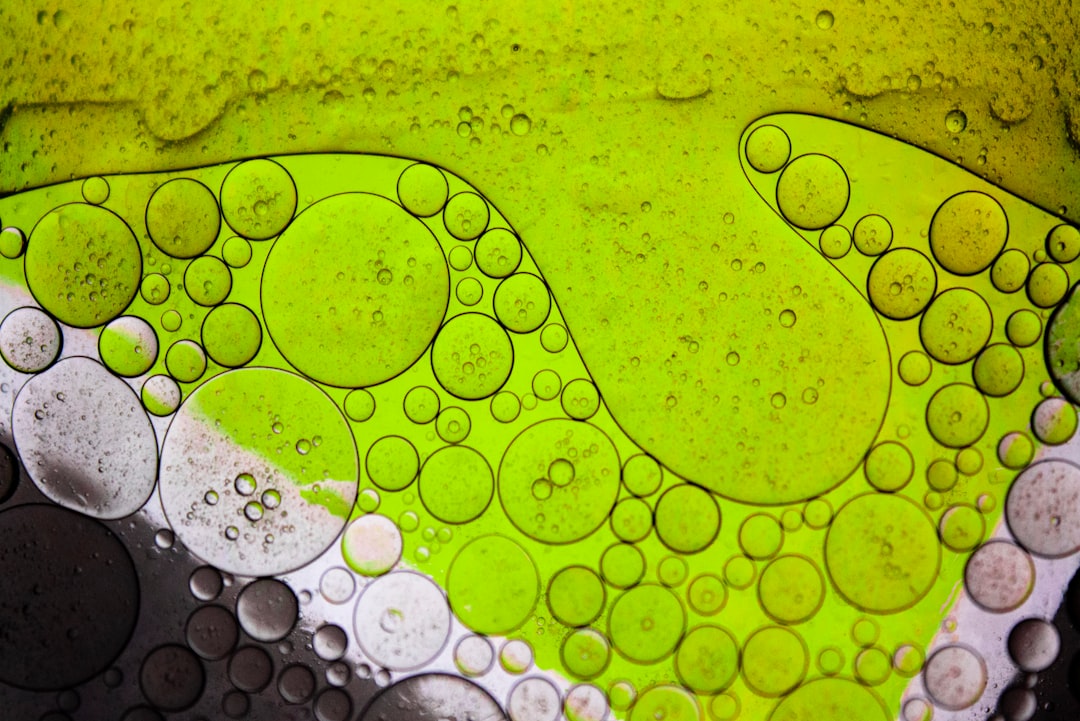What is it about?
The effect of injected gas composition (as minimum miscible enrichment) on minimum miscibility pressure (MMP) and respective oil recovery has been studied through numerical slim tube simulation on a wide range of gas compositions. An initial comparative study on the performances of representative equations of state for predicting MMP in slim tube simulations has proven Peng–Robinson equation of state to provide results with better agreement with experimental data. Different injection scenarios are then designed to understand the effects of varying percentages of each component (like CO2) into the injected gas mixture on MMP. MMP decreased when the concentration of CO2 and intermediate components (C2–C6) increased. It was also found that when C7+ content in the injected gas increased, recovery factor decreased significantly. Further investigations on the effect of adding benzene, toluene, and xylene as chemicals into the injected gas (in slim tube simulations) also prove that addition of these aromatics can obviously improve oil recovery and decrease MMP and toluene gives the better results in comparison with the other ones.
Featured Image
Read the Original
This page is a summary of: A simulation approach to achieve the best miscible enrichment in gas flooding and chemical injection process for enhanced oil recovery, Asia-Pacific Journal of Chemical Engineering, January 2017, Wiley,
DOI: 10.1002/apj.2067.
You can read the full text:
Contributors
The following have contributed to this page










